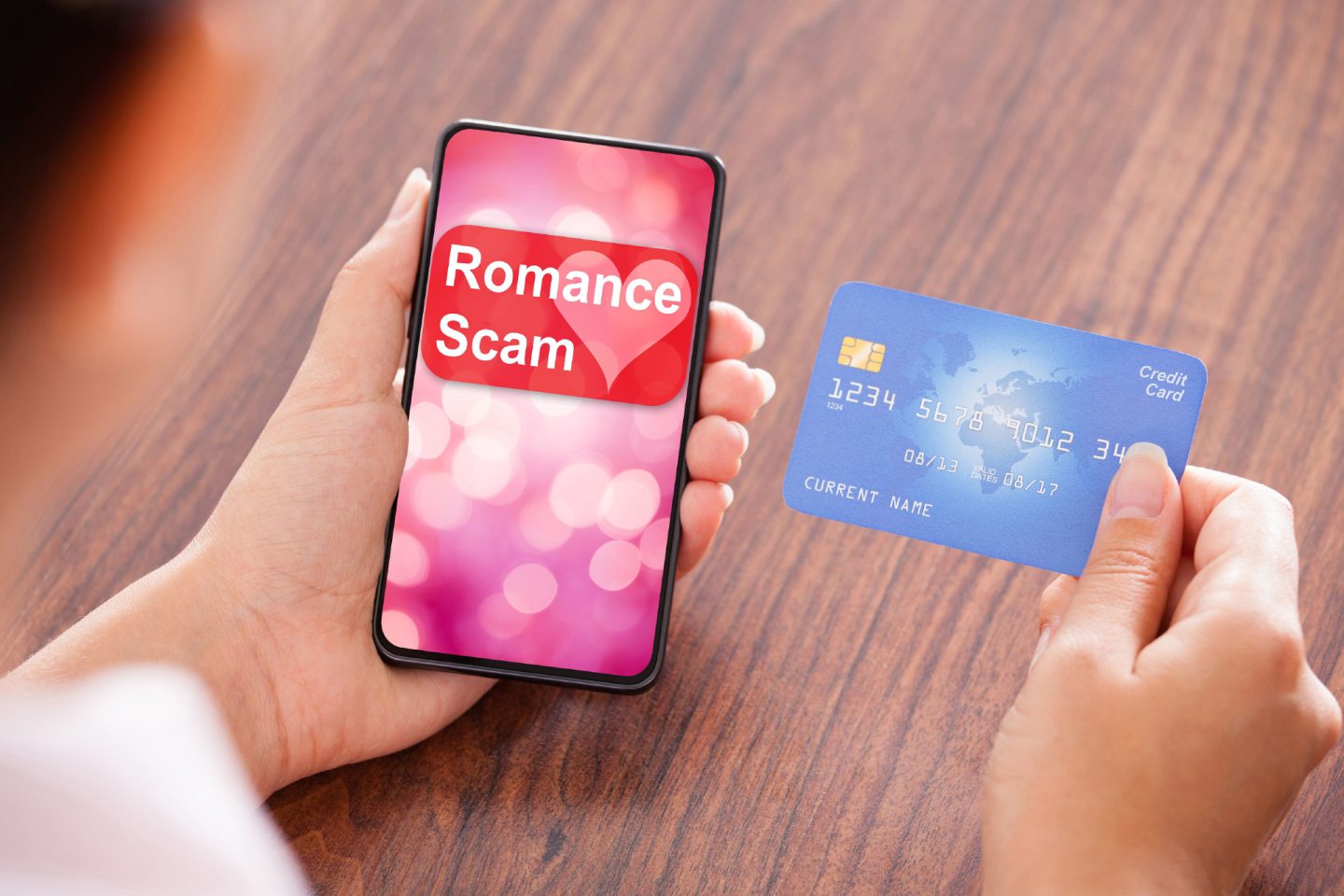Reports of romance scams have soared during the coronavirus pandemic, according to Which?
The consumer group’s analysis of Action Fraud data found romance fraud reports were up by 40% in the year to April 2021, compared with the previous year, with more than 7,500 reported scams.
Reported losses reached £73.9 million during the period – but the true figure is likely to be much higher as many victims are too embarrassed or upset to tell the authorities.

Warning signs of an online dating scam include people making excuses for why they cannot meet up in person, making over-the-top declarations of love when they hardly know the person they are communicating with, and inventing a sob story for why they urgently need money.
Fraudsters often claim they need the money to travel to the UK so they can “build a life” with the victim.
Passport plea
In one case highlighted by Which?, a man was exchanging messages in 2019 with a potential love interest on Older Dating Online with a woman supposedly based in Russia, who asked for £650 to obtain a passport. This was quickly followed by more requests for cash.
He said: “I became suspicious and contacted my bank to report the scam, but the money couldn’t be recovered. I haven’t dated at all since the scam.”
OlderDatingOnline.co.uk told Which?: “We take the safety of our members very seriously. When a member attempts to register to the service, they undergo various assessments performed by a third party, fraud and scammer detection service, before they can successfully register.
Manual checks
“When a member submits public content to their profile, including imagery, this is checked by our moderation team.
“Our customer service team performs a number of manual profile checks to remove disingenuous people.”
Another man, aged 65, was cheated out of nearly £4,000 after meeting someone on Twitter, Which? said.
This scammer posed as a young woman, but the victim later discovered he was messaging a man in Nigeria, according to the consumer group.
Romeo conned out of thousands warns north-east residents ‘don’t fall for fake love like me’
Woman who lost £60,000 to conman she met on dating site backs police crackdown on ‘romance fraud’
